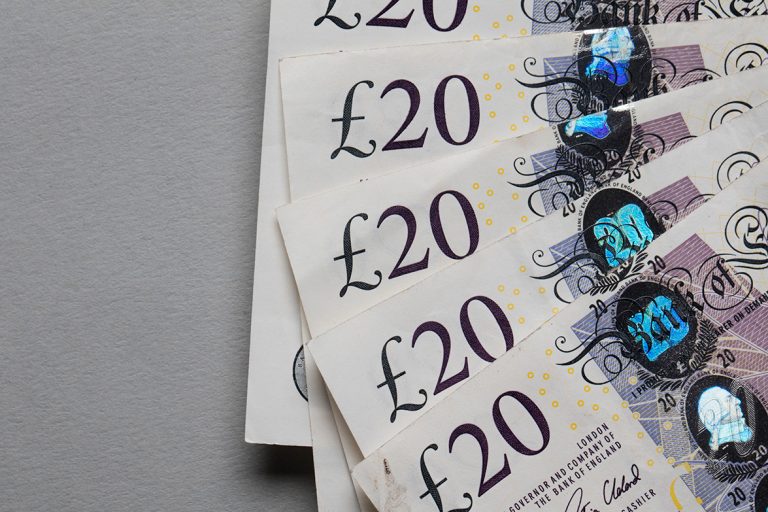An AML Check or Anti-Money Laundering Check is a type of identity verification process used to determine whether a person is involved in money laundering activities.
When buying a house, it is mandatory for the money paid for the house to go through the money laundering protocol. This prevents money laundering when buying a house.
First of all, you need to prove your identity and completing this step is quite simple.
You can verify that you are the one who made the transaction with various documents such as.

Proof of funds can be requested for different reasons, so don’t be alarmed if you are asked to provide proof of funds more than once.
For example, it is not uncommon for real estate agents to ask for proof of funds before you make an offer. This is not a legal requirement, but many real estate agents choose to ask to verify the legitimacy of your offer and to make sure you are serious about moving forward. Doing so serves a dual purpose; for both the estate agent and the seller, it provides some peace of mind that you will not be wasting both parties’ time.
The real anti-money laundering checks are done after you have made an offer. Your agent is obliged by law to check that you have the funds to make the purchase and that the funds were not obtained in a criminal way. As the buyer, you must prove that you have the money if asked at this stage.
Here are some of the ways you can provide proof of funds:
Although it looks like the same thing, the source of funds is different from proof of funds.
Proof of funds is needed to show how you got the money for your property deposit, not that you have the money to buy the house or apartment you are buying.
For most of us, our property deposit will come from one of three sources (or a combination of them): savings, a gift or the sale of another property. Of course there are other sources, but you will still need to prove the source of your money in each case.
Here are the most common sources of funding,
Start your real estate journey today with Lex Home. Lex Home is a company operating in the UK real estate market, especially in London.
Copyright 2023 © Lex Home. All rights reserved. | MEZ BILISIM